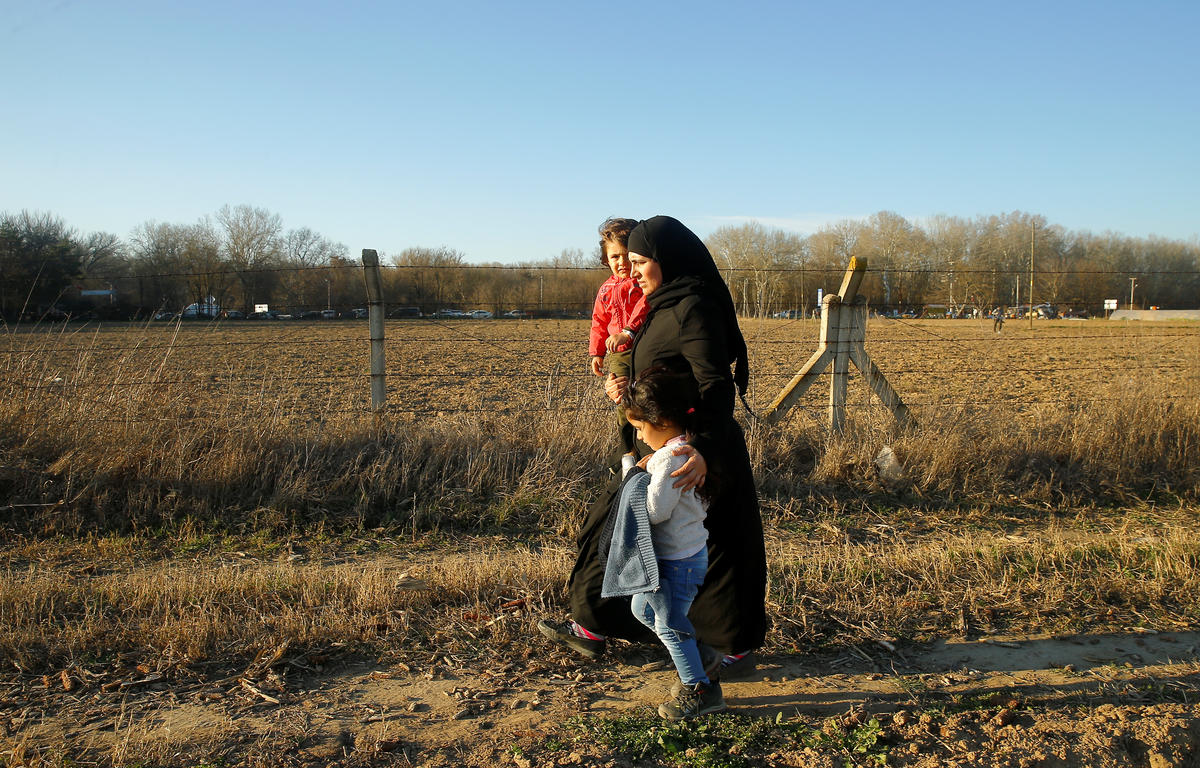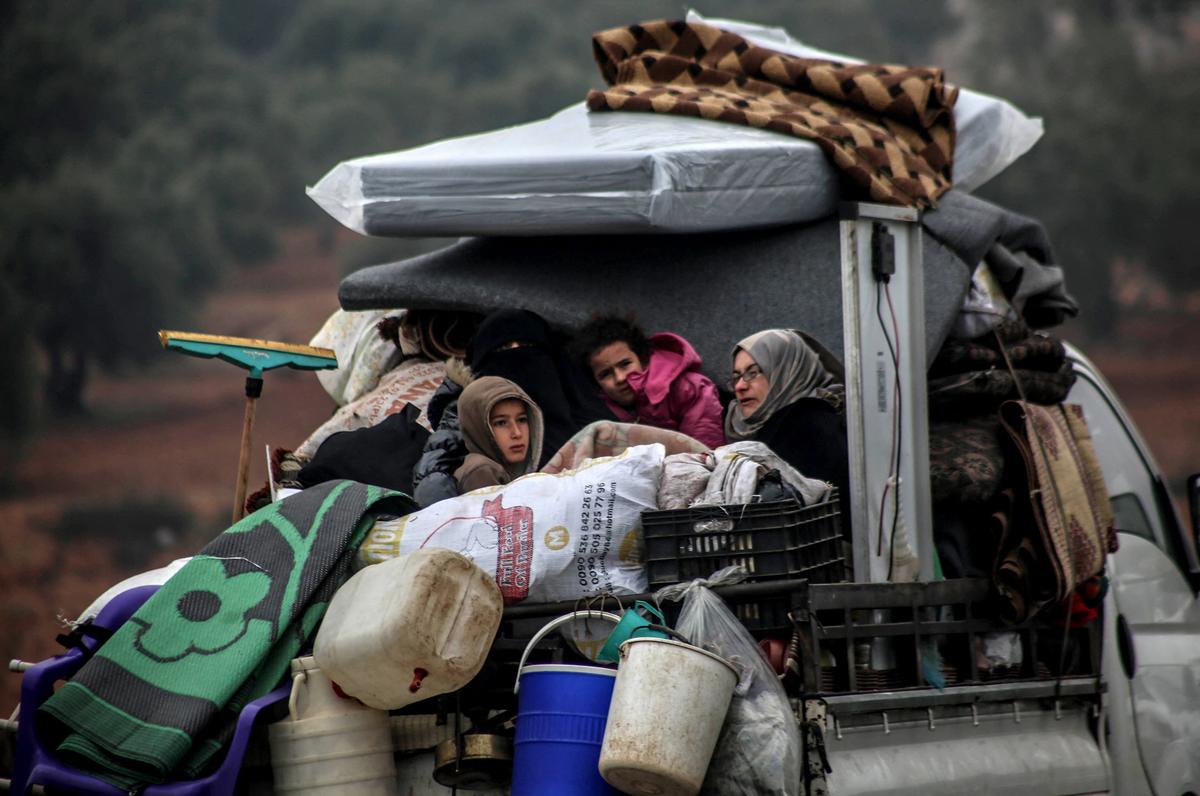UNHCR concerned for Syrian refugees in Iraq as number of arrivals arises
UNHCR concerned for Syrian refugees in Iraq as number of arrivals arises

GENEVA, April 2 (UNHCR) - The UN refugee agency on Tuesday warned that with the Syria crisis now into its third year, and refugees continuing to cross borders to neighbouring countries in large numbers, pressure to accommodate refugees is growing.
"UNHCR is particularly concerned at the present situation in the Kurdistan Region of Iraq, where refugees are arriving at a rate of 800-900 people per day - double the rate of just three months ago," spokesman Adrian Edwards told journalists in Geneva. "The need for space for new camps, and to decongest existing camps is of paramount importance."
Edwards said the situation at Domiz camp, in north-west Iraq's Dohuk governorate, is especially worrying. "The Domiz camp is currently housing 35,000 Syrian refugees and is critically overcrowded. Thousands of families are sharing tents with newly arrived refugees as almost 3,500 families do not have their own shelters.
The crowding is in turn having an impact on sanitation, which is already below humanitarian standards. Congestion and warmer temperatures are increasing vulnerability to outbreaks of diseases as well as to tension between camp residents.
"The number of children below five years of age suffering from diarrhoea in the camp has doubled in recent weeks. Since February, on average nine children out of every 100 suffer from diarrhoea per week," Edwards said. "Additionally, there have been 62 cases of hepatitis A since the beginning of the year. UNHCR, UNICEF and WHO are conducting a joint assessment to address the observed increase."
UNHCR has been working with the government of Iraq and authorities in Kurdistan since last October with a view to ensuring the allocation of more space. Edwards said UNHCR was encouraged by a recent decision by the authorities of Erbil and Sulaymaniya to allocate more space. However, the space offered can accommodate only 25,000 people - or one third of the need.
As of March 28, more than 121,000 Syrian refugees had registered in Iraq. More than 90 per cent are hosted in the Kurdistan Region of Iraq. Most new arrivals are families from Qamishli city, while others come from Al-Hassakeh, Aleppo and Damascus. While refugee camps have been established at Al Qa'im and Dohuk, more than 60 per cent of registered refugees in the Kurdistan Region are being hosted by Iraqi communities or are living in unfinished houses.
UNHCR has a permanent presence at both Domiz and Al Qa'im. "Together with partners and the government, we are responding to the needs of urban refugees and those living in the camps through support to the reception and registration mechanisms, distribution of emergency shelter and essential life sustaining items such as blankets, mattresses and kitchen sets, and help for people to access education, health and other activities," Edwards said.
Last year, almost 5,000 kits with core relief items were distributed to some 7,500 Syrian refugees in Domiz and Al Qa'im. Last winter, UNHCR, partner agencies and the government distributed 25,000 thermal blankets as well as heaters, kerosene and quilts.
Elsewhere in the region the flight of refugees from Syria is continuing. As of March 28, more than 1.21 million Syrians had been registered or were awaiting registration in the region.
Registration is a key tool through which refugees are identified, protected and assisted, and UNHCR has introduced extraordinary measures to expand registration capacities. These have included the establishment of new registration centres, double shifts and emergency procedures, resulting in a significant reduction of the waiting period.












